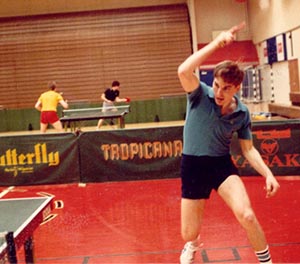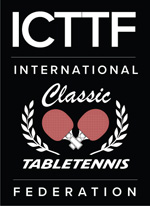Timeouts
I've found it interesting how different coaches and players use timeouts. Far too many use it as a desperation measure, usually late in a match when a player has fallen way behind, and where it's unlikely to make a difference. Almost always it's done when a player is behind.
I'd argue that it should be used most often when a player is losing focus at a key time, where the timeout has the best chance of helping to win a game, whether it's in the first game, last game, or any in between. I think most would agree with this. Putting that aside, when should one call a timeout?
Let's suppose your player is serving up 9-7 in the fifth. I was once criticized for calling a timeout in that situation, with the argument that it lets the opponent talk to his coach and focus, and so maximize his chances of coming back. But I find that reasoning backwards. With my player is leading 9-7 in the fifth, if both players are focused and play smart, then my player is probably going to win. The most likely way my player loses is if he loses his focus and/or doesn't play smart - so by calling a timeout, I maximize the chances that my player will be focused and play smart, and therefore likely win. In other words, if you are leading, you are in control, and so worry less about the opponent and more about making sure you are prepared.
In other words, if you are behind by a score such as 7-9, and if you are focused and know what to do, the last thing you want is to give the opponent time to focus and think tactically. It's very easy for a player to lose focus when he is leading and about to win, and a timeout allows him to recover. (However, if you are behind 7-9 because you are losing focus or not sure what to do tactically, then you should call the timeout.)


 Photo by Donna Sakai
Photo by Donna Sakai




